 “He won’t listen to me, I’ll call him but you need to call him”. The voice on the other end of the phone stern, with a “wait until your father gets home” tone, fraught with worry and activated concern was coming from 6ft blonde, stunningly beautiful former Fox News anchor, Laurie Dhue. She was talking about our son, our black son, who had just posted an incendiary comment about the latest young black man gunned down by police. Laurie wanted the post down, and really so did I, and not because we thought Andrew did anything wrong but because it causes us more worry than it should and that worry is real. Our kid is taking an interest in politics and social change and as a Jesuit educated young man, he is supposed to do that and have a commitment to social justice. When you’re black in America, the stakes are higher and when you have white parents enjoying white privileges, the whole thing can get muddled into a big family drama. “I don’t disagree, yes, black lives do matter, why do you think we have made so many efforts for your black life”? I found myself saying to Andrew. To a college freshman, being told by your parents to take something off Facebook is met with eye rolling and ridicule, typical and appropriate late adolescent behaviors but is it crazy to ask when nearly 200 young black men have been killed by police in 2016?
“He won’t listen to me, I’ll call him but you need to call him”. The voice on the other end of the phone stern, with a “wait until your father gets home” tone, fraught with worry and activated concern was coming from 6ft blonde, stunningly beautiful former Fox News anchor, Laurie Dhue. She was talking about our son, our black son, who had just posted an incendiary comment about the latest young black man gunned down by police. Laurie wanted the post down, and really so did I, and not because we thought Andrew did anything wrong but because it causes us more worry than it should and that worry is real. Our kid is taking an interest in politics and social change and as a Jesuit educated young man, he is supposed to do that and have a commitment to social justice. When you’re black in America, the stakes are higher and when you have white parents enjoying white privileges, the whole thing can get muddled into a big family drama. “I don’t disagree, yes, black lives do matter, why do you think we have made so many efforts for your black life”? I found myself saying to Andrew. To a college freshman, being told by your parents to take something off Facebook is met with eye rolling and ridicule, typical and appropriate late adolescent behaviors but is it crazy to ask when nearly 200 young black men have been killed by police in 2016?
Student protest is nothing new, it’s something I fully support, standing up and being heard, working to right wrongs, and striving for social justice are all values instilled by the Jesuit education with which Andrew has been blessed. His participation in activism is what he is educated to do. I never realized that part of white privilege is sending your kid off to an elite university without worrying about them being shot. Of course all parents worry and parents of freshmen worry acutely with the newness of a child stepping into the world but suburban white people don’t have to worry about their suburban white son being shot by police walking back to his dorm carrying “something” that “looked like a gun”. White parents don’t worry about their white son being tagged as a “militant” for participating in campus politics. White parents of white children don’t have the achievement of elite university acceptance tarnished by the unspoken assumption that he was admitted to fill some quota. “Oh, well, sure he got in” with the unspoken “because he’s black”. Of course elite universities are looking for black students but the 4.0 and AP courses don’t hurt either. White parents do have to worry about drunk and inappropriate sexual activity but not at the same level as parents of black boys. Any misstep and the consequences can be life altering. I sent Andrew an app called “we consent”. It documents that any sexual activity was consensual. I was relieved when he said “I downloaded the app”. “Good, use it” was my reply. A big believer in generational boundaries I don’t want to hear any dorm gossip of who is sleeping with whom but I want to do what I can to negotiate these early days free of exploding land mines. All parents should worry about the binge drinking blurry boundary undergrad culture that can lead to severe consequences but I promise, suburban white parents don’t have the the same stakes Laurie and I have with Andrew. When you’re black in America, you don’t have to actually do anything to be found guilty of something. All that has to happen is a white person has to say you’re guilty. Take a look at “To Kill a Mockingbird” for an example.
Here’s The Paranoid Liberal Problem, Clashing with Realistic Concern
Maybe I’m a paranoid liberal? It’s possible. I’m a walking cliche, I live in Brooklyn, I’m divorced, I write a blog, I live among hipsters and they cheer me on at Soul Cycle like they would their own dad. We dwell among cold brew coffee and artisanal crafted everything. When Andrew first came into our lives, I made big bold statements at his his high school, St. Francis Xavier in NYC, about racism and equality. A wise Jesuit priest said “let’s worry about algebra for now”. For some reason, I didn’t worry too much about Andrew in NYC. For 12 hours a day he was at Xavier, a rigorous boys Catholic School comprised of more than 1/2 non white boys, more than 1/2 non Catholic and the first Catholic school to offer the “gay/straight alliance” as one of the student organizations. Xavier is as diverse as NYC and as committed to an egalitarian environment as there can be. Our limousine liberal Brooklyn neighborhood tapped into my ego with constant congratulatory adulation at our eclectic family. Andrew’s admission to Georgetown was the crowning achievement that made a powerball odds idea, a reality. Then we are left with the current climate of race relations in America.
When blow hard boorish embodiment of American stupidity, Donald Trump, speaks about black people, white privilege allows for easy tune out of his comments. Not so when you think “hey that hooker-marrying-spray-tanned wing nut is talking about my kid”. Trump’s rhetoric is made more insulting by his “show us your papers, boy” mission to find Barack Obama’s birth certificate. Mitt Romney’s family was deeply involved in a fundamentalist sect of Mormonism in Mexico and yet, no call for Romney’s birth certificate from Trump. Do any of us really know where Romney was born? Why didn’t Trump investigate? Listening to Trump talk about black people in a room full of white people leads me to want to scream “9/10 of the poorest, most welfare dependent states with highest rates of gun violence vote for YOU!” Why is there no mention of social problems among white communities? We love talking about “the inner city”. While ignoring that white communities have similar problems as some black communities. Where is the “inner city” anyway?
Some years back, Obama said “if I had a son, he would have looked like Trayvon”. I have two boys, neither of them look like me. Nobody looks at Andrew and says “I’ll bet he does well at Georgetown” they say “does he have a gun?” “Should we call the police?” “Is he going to rob me?” Worried? You bet we are and with good reason. One of the things that white privilege allows is the denial of white privilege. Think it’s not real? Adopt a black kid and find out.
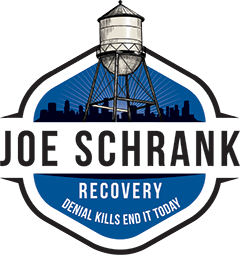

 This much is true, Paul LePage, governor of Maine has likely had better weeks. The stanch conservative governor has a reputation of having the tact and demeanor, not to mention the beliefs, of Archie Bunker. LePage is riddled with cartoons. He is an overblown embodiment of a racist republican blowhard, verbalizing what liberals surmise people like Lepage are thinking. Governor LePage ditches pesky euphemisms and just lobs grenades anywhere he can. It’s what makes him oddly endearing.
This much is true, Paul LePage, governor of Maine has likely had better weeks. The stanch conservative governor has a reputation of having the tact and demeanor, not to mention the beliefs, of Archie Bunker. LePage is riddled with cartoons. He is an overblown embodiment of a racist republican blowhard, verbalizing what liberals surmise people like Lepage are thinking. Governor LePage ditches pesky euphemisms and just lobs grenades anywhere he can. It’s what makes him oddly endearing.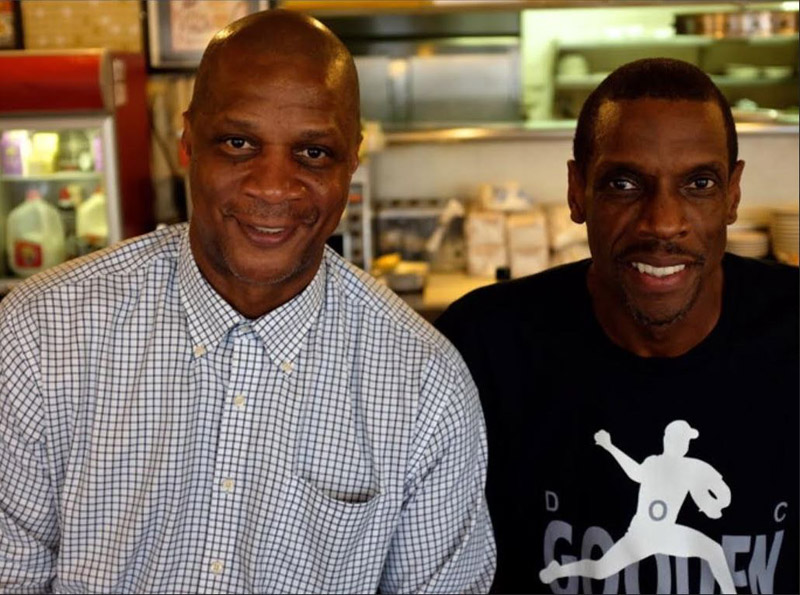
 In a refreshing respite from Trumps latest gaff, the news cycle was dominated this morning by something else. Unfortunately, it’s was a sad tale of scandal involving Ryan Lochte and two other young men from the U.S. Olympic swim team. Its seems that after some kind of issue at a gas station after a night of partying ended in a fabricated story about being held at gunpoint. A convenient way to sweep poor decisions under the rug and blame bad behavior on a dire economic condition in Brazil. Clearly this was a situation that got out of hand and the intention to get out of it, went awry.
In a refreshing respite from Trumps latest gaff, the news cycle was dominated this morning by something else. Unfortunately, it’s was a sad tale of scandal involving Ryan Lochte and two other young men from the U.S. Olympic swim team. Its seems that after some kind of issue at a gas station after a night of partying ended in a fabricated story about being held at gunpoint. A convenient way to sweep poor decisions under the rug and blame bad behavior on a dire economic condition in Brazil. Clearly this was a situation that got out of hand and the intention to get out of it, went awry.
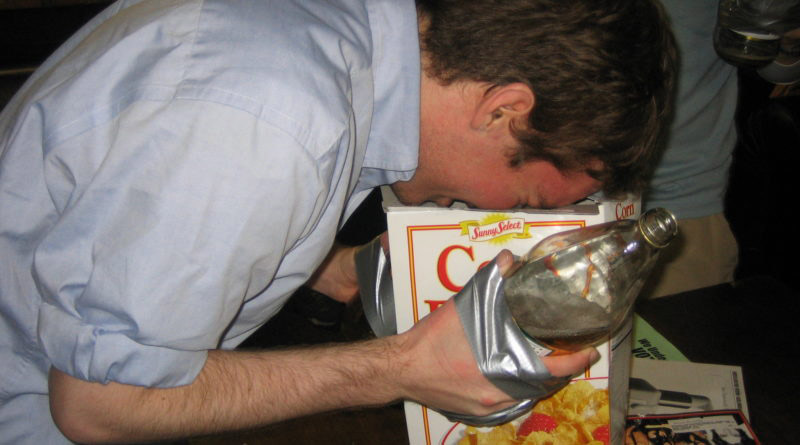
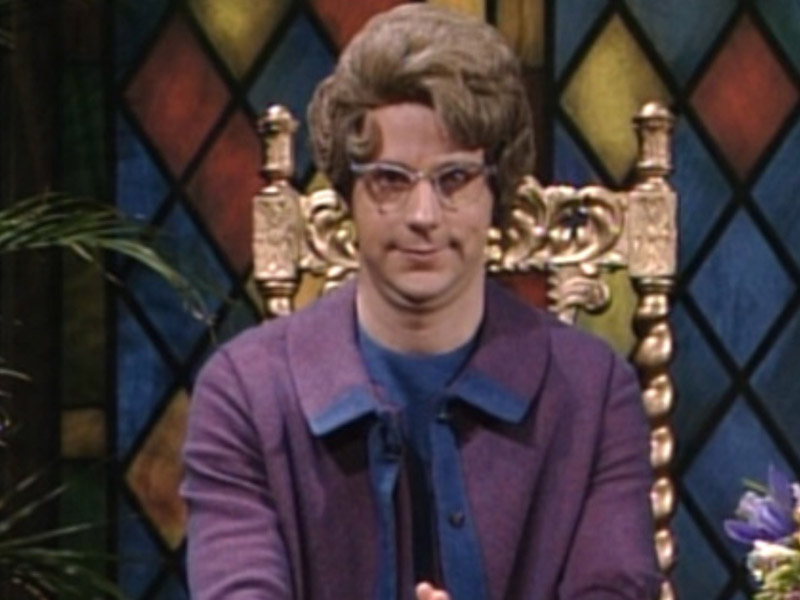
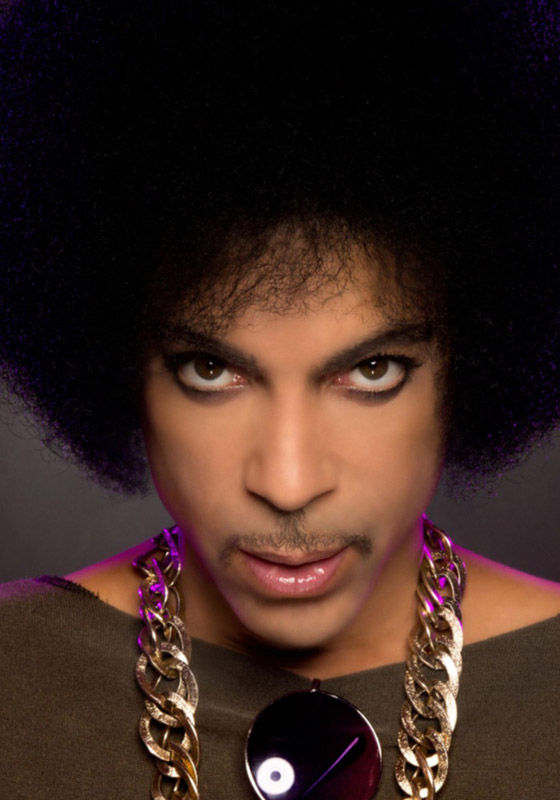 After months of speculation, there was an official announcement made today. Prince died of an opiate overdose. Sad to be certain that a great talent and seemingly a great man was cut down at a relatively young age. To some, this is a character indictment. To me, this is the sad outcome of a deadly disease. My empathy is deep and wide for his family and fans. 114 other people died of an opiate overdose the same day Prince did. America’s fantasy of a “drug free America” is killing people. It is time to let science and medicine take the reigns and leave shame, judgement, and incarceration as a distant memory and a hard lesson learned.
After months of speculation, there was an official announcement made today. Prince died of an opiate overdose. Sad to be certain that a great talent and seemingly a great man was cut down at a relatively young age. To some, this is a character indictment. To me, this is the sad outcome of a deadly disease. My empathy is deep and wide for his family and fans. 114 other people died of an opiate overdose the same day Prince did. America’s fantasy of a “drug free America” is killing people. It is time to let science and medicine take the reigns and leave shame, judgement, and incarceration as a distant memory and a hard lesson learned.